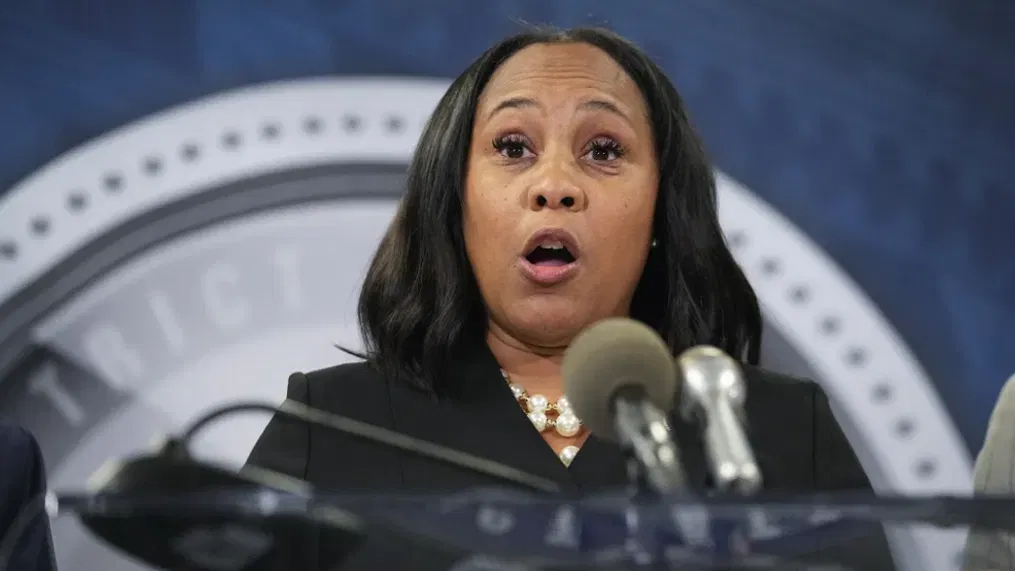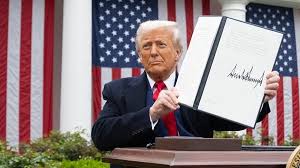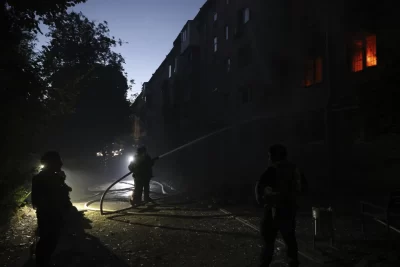
A prosecutor in Georgia is seeking an August trial date for former President Donald Trump and others charged over efforts to overturn the 2020 election in the state.
Fulton County District Attorney Fani Willis on Friday filed a motion to schedule the start of the trial for Aug. 5. Willis wrote that the proposed trial date balances potential delays from Trump’s other criminal trials and the speedy trial rights of the other defendants.
It is up to Fulton County Superior Court Judge Scott McAfee, who’s presiding over the case, to set the trial date.
Steve Sadow, Trump’s lead attorney in Georgia, wrote in a court filing Friday that his client opposes Willis’ motion and asked the judge to schedule a hearing on the issue.
An Aug. 5 trial date would fall just weeks after Republicans nominate their candidate for president at their national convention in Milwaukee. Trump is the early front-runner to be the 2024 Republican nominee. Willis has also said the trial will likely last “many months,” meaning that it would probably be underway during the general election in November if it starts in August.
A Fulton County grand jury in August indicted Trump and 18 others, accusing them of participating in a wide-ranging scheme to illegally try to keep the Republican in power after he lost the presidential election to Democrat Joe Biden. Four of the defendants have pleaded guilty after reaching deals with prosecutors, and the rest have all pleaded not guilty.
Willis also asked McAfee to set a final plea date of June 21. She wrote that prosecutors would consider plea deals up until that date and intend to recommend the maximum penalties at any sentencing hearings after that.
An August trial date “is therefore unlikely to be subject to delay or interference from these other trials.” The date would also fall within a year of the Aug. 14 indictment ”and would show deference for each Defendant’s constitutional speedy trial rights.”
Willis also asked that the judge not consider any requests to sever any defendants — that is to try them separately from some or all of the others — until after the final plea date.
All of the defendants are charged with violating Georgia’s anti-racketeering law, meaning any trial would share the same evidence and witnesses, she wrote. She argued that trying all defendants together would serve the interest of judicial economy.
She also noted the four guilty pleas her team has already secured and suggested there could be others. For that reason, she argued, the judge would be in a better position to consider any complications raised by trying certain defendants together once it becomes more clear which defendants are likely to go to trial.







